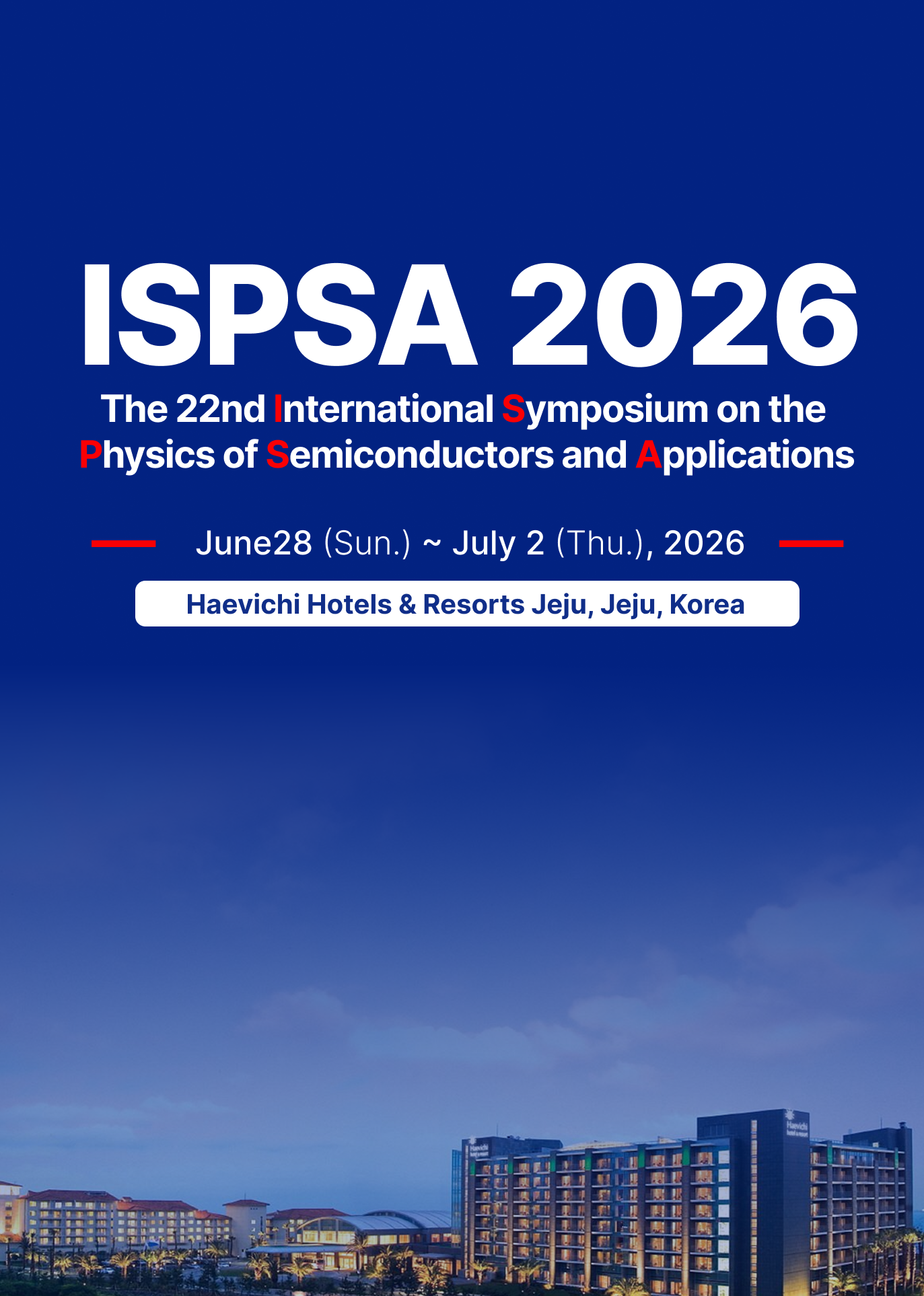International Roundtable Webinar on "Microplastic and Nanoplastic Pollution in Different Environments: Freshwater, Marine, Air and Soil"
RTW-NMP 2026
- URL: https://www.cesee.org/RTW-NMP.html
- Event Date: 2026-05-27 ~ 2026-05-30
- Submission Date: 2026-04-30
- Organizer: SASE
Microplastics and nanoplastics are collectively called "Micro(nano)plastics [MNPs]" and constitute the majority of plastic contaminants. Globally, MPs are ubiquitous and NPs have also been observed in environmental samples. As MPs are inhaled or consumed through food or drinking water, MPs have been detected in hundreds of animal and plant species. Since MNPs are small, ubiquitous, and persistent, their potential toxicity and health effects have drawn significant attention and prompted a rapid increase in research. This event aims to bring together leading academicians, scientists, researchers, industrialists, policy makers and research scholars to share and exchange their experiences and research findings on all aspects of Microplastics and Nanoplastics. And this event is expected to develop collaborations, networking and disseminate knowledge regarding the recent innovations, trends, concerns and practical challenges and their solutions in the field of MP/NP pollution.
Prospective authors are requested to submit quality research articles on the MNPs pollution.
Submission link ("select "RTW-NMP"): https://cmt3.research.microsoft.com/CESEE2026
Key topics can be but not limited to:
• Plastic and microplastic pollution and associated contaminants
• Microfibers and nanoplastics from textiles
• Effect of micro and nanoplastics on human health
• Innovative solutions to mitigate microplastic pollution
• Degradation of microplastics
• Sources, fate and effects of micro and nanoplastics
• Socioeconomic and environmental impact assessment and risk analysis
• Sampling, extraction, purification and identification approaches for micro and nanoplastics
• Ecotoxicological effects of microplastics and nanoplastics
• Ecotoxicological characterisation of nano and microplastics(Including degradation products-leaching and adsorbed pollutants)
• Chemical and biological recycling of waste plastics and microplastics
• Removal and remediation of microplastics via different methods
• Modelling fate and transport of plastics and micro- and nanoplastics in the environment
• Nano and microplastics as a systemic risk for social-ecological supply systems
• Valorisation of plastics waste into chemicals and/or fuels
• Environmental economics and policy regarding plastic debris
• Legislation, policies and economic impacts














